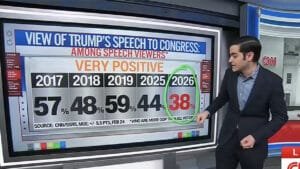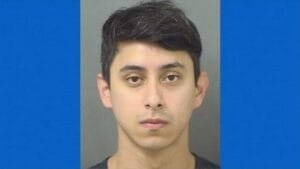John C. Breckinridge: Facts about Former Vice President of the United States

The early life of John C. Breckinridge
John Cabell Breckinridge completed his graduation from Centre College in 1839. After studying law at Transylvania University, he was permitted to the bar in 1840. In the Mexican-American War Breckinridge functioned as major of the 3rd Kentucky Volunteers. He was nominated to Congress two times in the early 1850s. In 1856, he was voted as the vice president under James Buchanan. In 1860 he contended for president but was defeated by the Republican contender Abraham Lincoln. When the South began to withdraw in reaction to Lincoln’s election, Breckinridge, having been nominated to the US Senate, emphasized the right of secession.
His Education and Career
Descended from an old Kentucky family well-known in law and politics, Breckinridge was the only child of Joseph Cabell Breckinridge and Mary Clay Smith. He graduated from Centre College in Danville, Kentucky, and studied law at Princeton University and Transylvania University. He became a trial lawyer and started his political career in 1849 as a member of the state legislature. In 1851 he was voted to the U.S. House of Representatives. During this difficult antebellum phase, he recognized his repute as a devoted Democrat, and, when his party selected James Buchanan of Pennsylvania for president in 1856, Breckinridge was an expected pick to stable the ticket between North and South. Once in office, however, Buchanan and Breckinridge- at age 36 the youngest vice president in American history- were incapable to fend off the sectional clash.
Political Life
Though Kentucky continued in the Union, Breckinridge quit his Senate seat and enrolled in the Confederate army, receiving authority as a brigadier general. He was upgraded to major general following the Battle of Shiloh, in which he was injured. Breckinridge would develop an extreme despise for Braxton Bragg, considering him to be unskilled. Bragg likewise had a massive hatred for Breckinridge, charging him of being a drunkard. The emotions of both individuals came to a head at the Battle of Stones River during which Bragg directed Breckinridge’s men to make a near-suicidal attack against the Union lines. Breckinridge lost one-third of his command and was himself sensitively distressed.
However, Breckinridge would remain to function under Bragg at Chickamauga and Missionary Ridge.
In 1864 Breckinridge was brought east to control troops in the Shenandoah Valley, seeing action at the Battle of New Market. In February 1865 he was chosen Secretary of War by Jefferson Davis. As the Confederate government discarded Richmond, it was Breckinridge, who saw to it that the records of the Confederacy were not shattered, maintaining the records of the Confederate government and war effort for history. Following the war, Breckinridge fled the country in a self- imposed deport that lasted until 1869. He then returned to his native Lexington, Kentucky and restarted his law practice until his death of cirrhosis in 1875.
Quick Details:
Significance: Confederate Major General and Secretary of War
Birth Place: near Lexington, KY
Date of Birth: January 16, 1821
Place of Death: Lexington, KY
Died on: May 17, 1875
Burial At: Lexington, KY
Cemetery Ground: Lexington Cemetery





